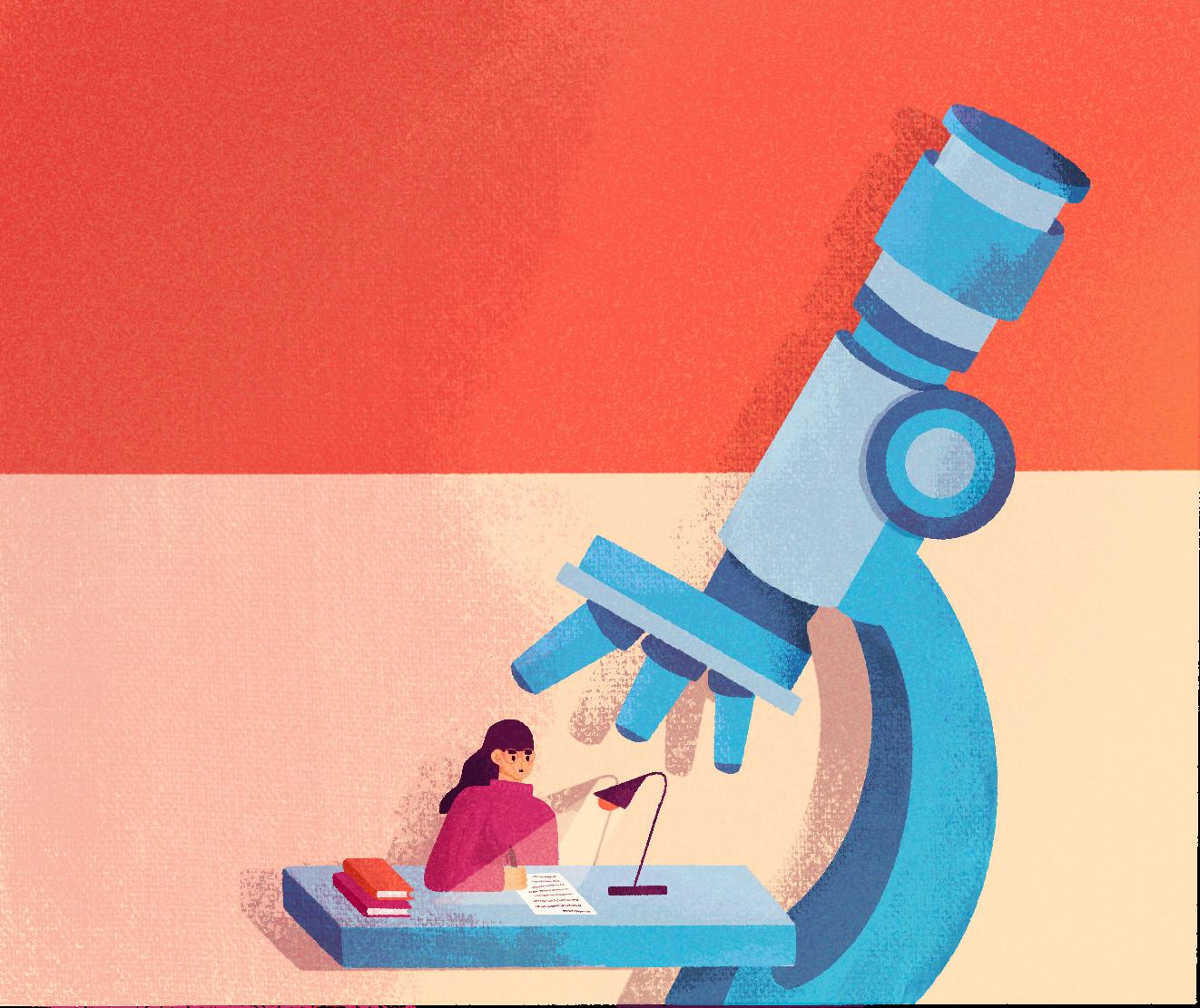THE OFFICIAL PUBLICATION OF ST. PAUL COLLEGE PASIG HIGH SCHOOL DEPARTMENT
Pauliworld
DEVIL ON A PEDESTAL by ZULEMA
The coronavirus pandemic has and continues to reveal how effective the leadership of public officials is, and in this case, it is setting the nation free from an invisible enemy. Through a global lens, countries on lockdown are either defending themselves well or repeatedly missing their chance to curb the spread of the virus within state borders. However, a rare luminary in a world where crisis has wreaked havoc speaks notably of two names: New Zealand and Jacinda Ardern. The Prime Minister forged the country an early success against the virus. By the 15th of June, New Zealand had gone more than three weeks without any new infections, and the international praise for Ardern’s leadership read like the effusive write-ups seen on book covers. People from across the globe have aligned themselves to Ardern, and while it is not wrong for one to celebrate the deft victory, there is laxity in holding politicians accountable and beholden to the public. Politicians are in politics for the same reasons as most people are in other occupations. However, one specific seat superintends the entire nation under their judgment, and the duty that comes with such authority is the kind of power the people must treat without undue cynicism. In the 2016 Philippine presidential election, Filipino voters riveted to a certain candidate because of his mandate to clean up the crime-riddled and corrupt nation. The rich had more money rolling in, but an average Filipino would still take hours to get to work on a malfunctioning subway. As a result, the Filipinos were shattered enough to hope for a quick fix and got a man like Rodrigo Duterte elected as President, despite presages of him as a dictator in making. Politicians do not deserve over-effusive worship. They are public servants who can and should be scrutinized on the basis of public demands and standards of the press. There is a toxic dynamic among the myriad of Duterte’s resounding adherents and supporters despite the blood on his hands, debt breaching trillions, and a state that is nowhere near partial recovery from ramifications brought by the pandemic. Another example of the twisted idea of hero-worship is best provided by Trump. It rings true that many people would still find a reason to support him despite the crackdown on immigration, accusations of sexual harassment, the collusion with Russia, and other cruelties. Unflinching obedience and admiration to state leaders is a great threat to a democratic system. Indeed, leaders like Ardern deserve all the recognition for having a style of leadership that is deemed new and unequaled. Take Vico Sotto as an example—the Mayor of Pasig City who has attacked the issues of the coronavirus head-on. He was met with the same wave of popular support with social media threads that wax poetic and lionize his efforts. Public officials do not need fans, but committed constituents who can keep in check the inflated sense of self and aggression that leaders develop from hero-worship. Aligning oneself with a leader may result in the act of overlooking the negative effects of their decisions. When a leader is deemed remarkable by the public, that does not make them always right.
PauliworldSPCP
10










